1. Cyndi Lauper
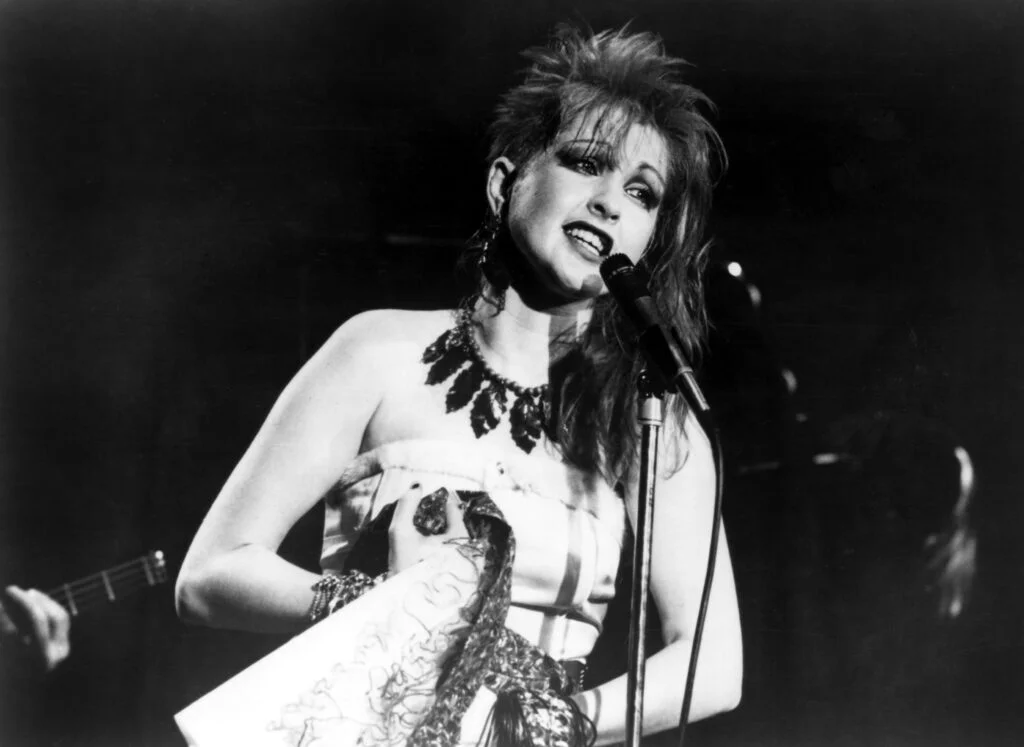
Cyndi Lauper was everywhere in the ’80s with “Girls Just Want to Have Fun” and “Time After Time” blasting from radios across the world. Her wild style, colorful hair, and powerhouse voice made her a pop icon and a household name. Yet after her early hits, she quietly stepped away from mainstream pop. She never fully disappeared, but she stopped chasing chart-toppers.
Instead, Lauper turned her attention to Broadway, writing the Tony Award-winning score for Kinky Boots. She’s also devoted much of her life to activism, particularly for LGBTQ+ rights. She still tours and records occasionally, but she’s not interested in being a pop machine. Lauper walked away from the flashy side of fame, but she never stopped creating on her own terms.
2. Rick Astley
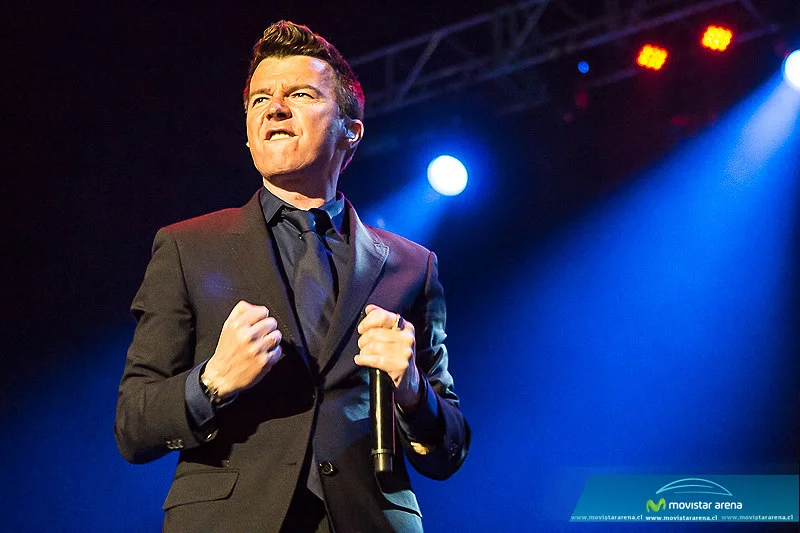
Rick Astley became a global star in the late ’80s thanks to “Never Gonna Give You Up.” His deep voice and clean-cut charm made him a favorite on MTV. But by the early ’90s, Astley had decided the pop spotlight wasn’t for him. At just 27, he announced his retirement from music, shocking fans.
Astley wanted a normal life, one where he could focus on family instead of nonstop touring. For years he stayed away from the stage, quietly raising his daughter and living in England. Of course, the internet pulled him back into the spotlight with the “Rickroll” phenomenon. That unexpected twist led him to return on his own terms, still singing but without the pressures of his early fame.
3. Martika
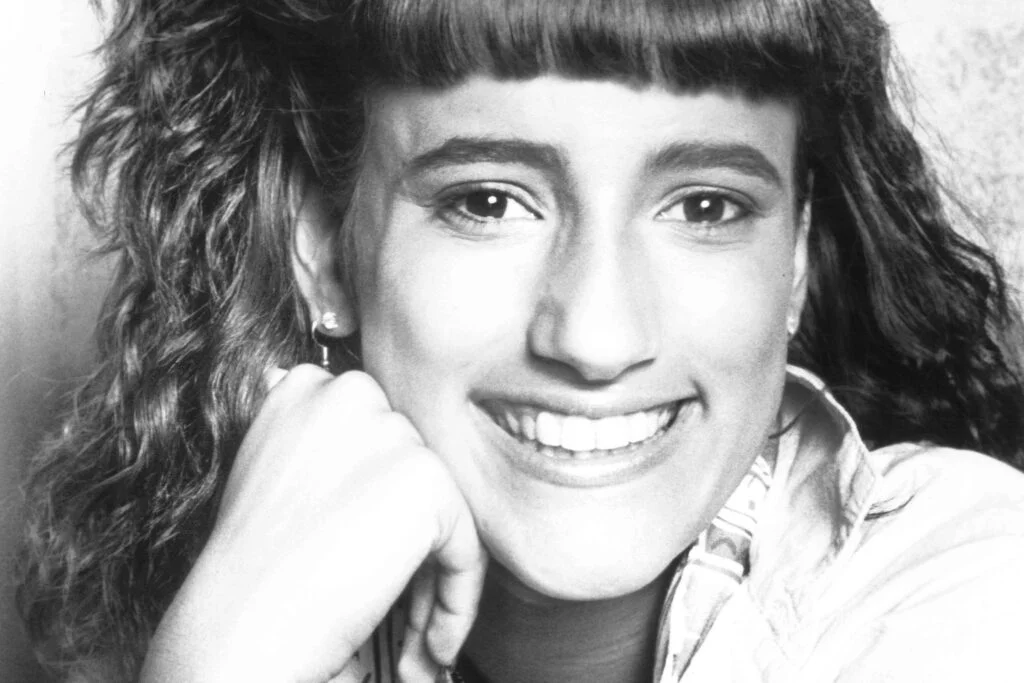
Martika had a huge breakout with her single “Toy Soldiers” in 1989, which went all the way to No. 1. She seemed poised to join the ranks of Madonna and Janet Jackson in pop superstardom. But just as quickly as she rose, she stepped back from the spotlight. By the mid-’90s, Martika had largely stopped releasing music.
She pivoted to songwriting, collaborating with Prince on her second album. Later, she lent her talents to behind-the-scenes work and even voice acting. For someone with such a recognizable hit, she preferred a quieter creative life. Martika’s walk away shows how even the biggest chart-toppers sometimes decide fame isn’t everything.
4. Terence Trent D’Arby
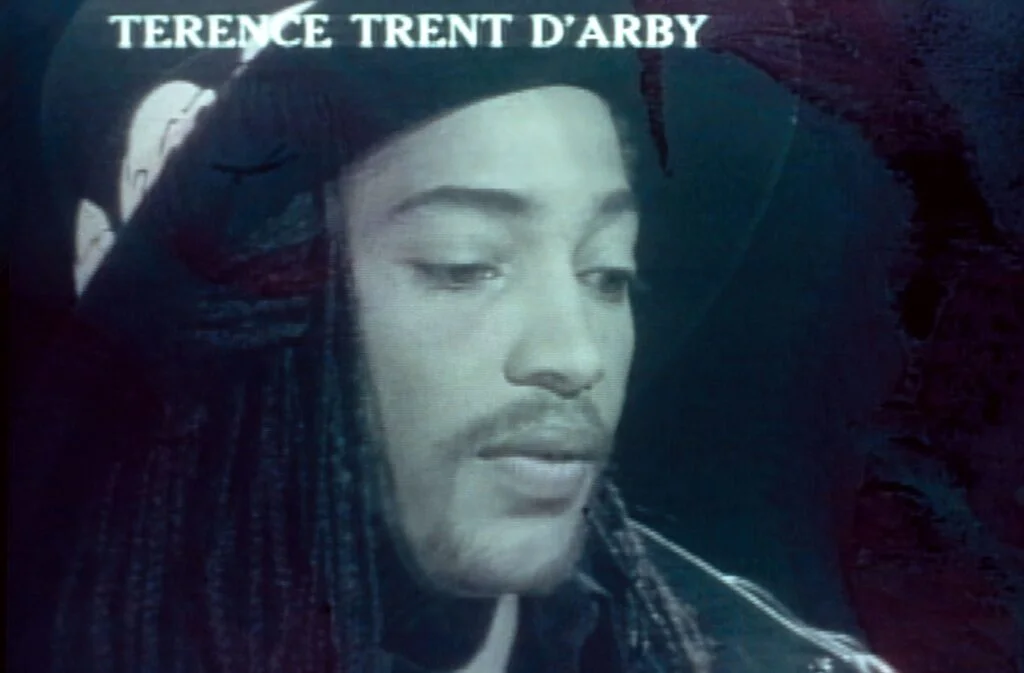
When Terence Trent D’Arby burst onto the scene with Introducing the Hardline According to Terence Trent D’Arby in 1987, critics hailed him as the next Prince. Songs like “Wishing Well” made him a global star. But fame weighed heavy, and D’Arby soon clashed with the industry. He retreated from the mainstream spotlight in the ’90s.
Eventually, he reinvented himself completely, changing his name to Sananda Maitreya. He’s continued to make music, but mostly independently, outside of the major label system. His choice to walk away wasn’t about lack of talent but about control and authenticity. Today, he has a loyal fan base but lives far away from the pop stardom of his youth.
5. Debbie Gibson
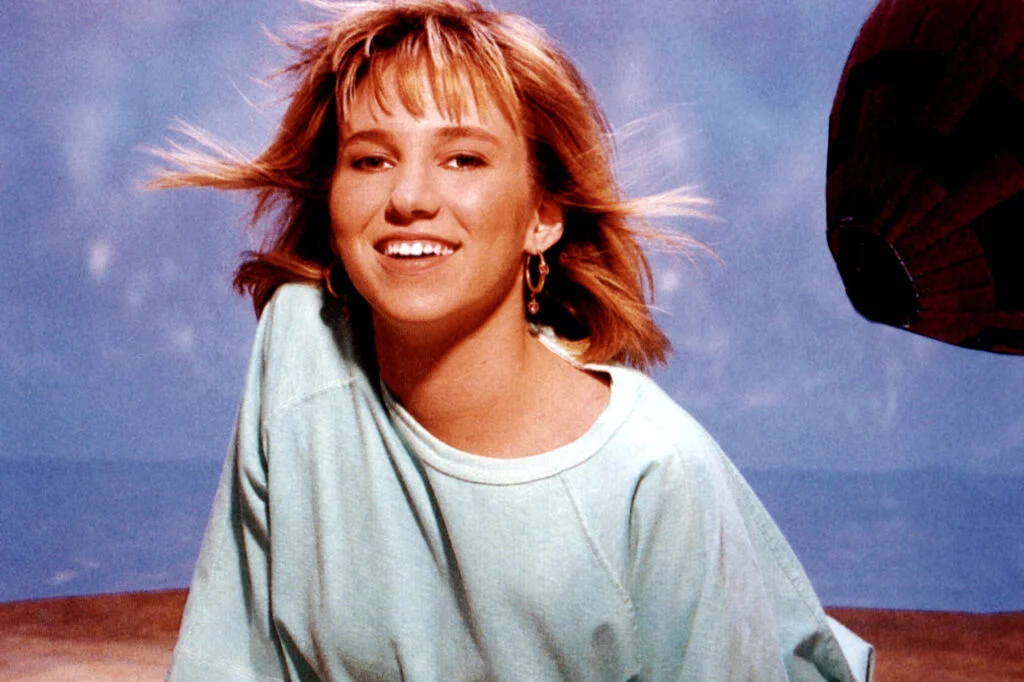
In the late ’80s, Debbie Gibson was a teen sensation with hits like “Only in My Dreams” and “Foolish Beat.” She made history as the youngest person to write, produce, and perform a No. 1 single. Yet by the early ’90s, her bubblegum pop sound was falling out of fashion. Gibson made the choice to walk away from the top of the charts.
She reinvented herself on Broadway, starring in musicals like Les Misérables and Grease. Gibson also focused on smaller music projects and television appearances. While she still performs, she stepped away from the relentless pop star lifestyle. Her career shift shows how stepping back sometimes opens the door to more fulfilling work.
6. Billy Ocean
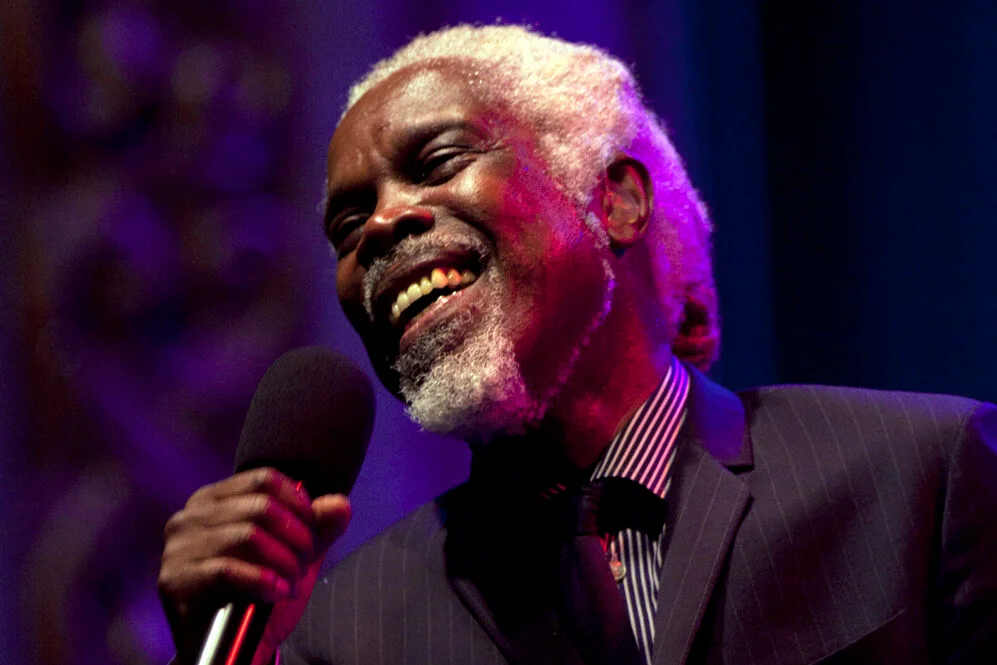
Billy Ocean had massive ’80s hits like “Caribbean Queen” and “Get Outta My Dreams, Get into My Car.” His smooth voice and catchy tunes made him a global star. But after dominating the charts, Ocean walked away in the early ’90s. He wanted to spend more time with his family and take a break from the pressures of the industry.
For nearly 15 years, he stayed quiet, focusing on raising his children. He returned in the 2000s with new music and tours, but never at the same level of commercial frenzy. Ocean’s walk away was more about balance than burnout. He found happiness away from fame, then came back when the timing felt right.
7. Taylor Dayne
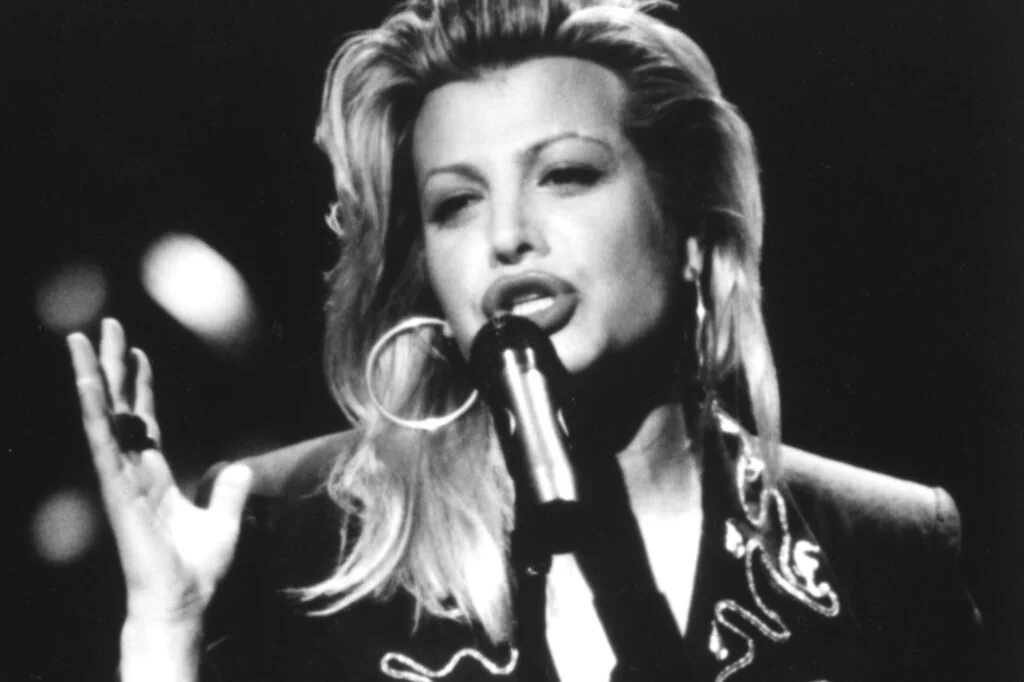
Taylor Dayne exploded with “Tell It to My Heart” in 1987 and had a string of dance-pop hits. She was a fixture on the radio and in clubs. But as the ’90s came in, she chose to slow down her pop career. Her powerful voice remained, but she shifted her focus away from constant recording.
Dayne explored acting, appearing in TV shows and films. She also transitioned into more live performances than chasing chart success. While she never vanished completely, she walked away from her peak fame. Today she enjoys a career on her own terms, still beloved for those unforgettable ’80s hits.
8. Tiffany

Tiffany was just a teenager when her mall tour made her a household name in 1987. “I Think We’re Alone Now” and “Could’ve Been” turned her into a pop superstar. Yet the spotlight on such a young star was intense. By the early ’90s, Tiffany stepped away, finding that fame had come too fast and too heavy.
She eventually returned to music, but on a smaller, independent scale. Tiffany dabbled in country and rock, far from her teen pop beginnings. Fame was never quite the same, and she seemed content with that. For Tiffany, walking away was about finding a healthier rhythm in life.
9. Kajagoogoo’s Limahl
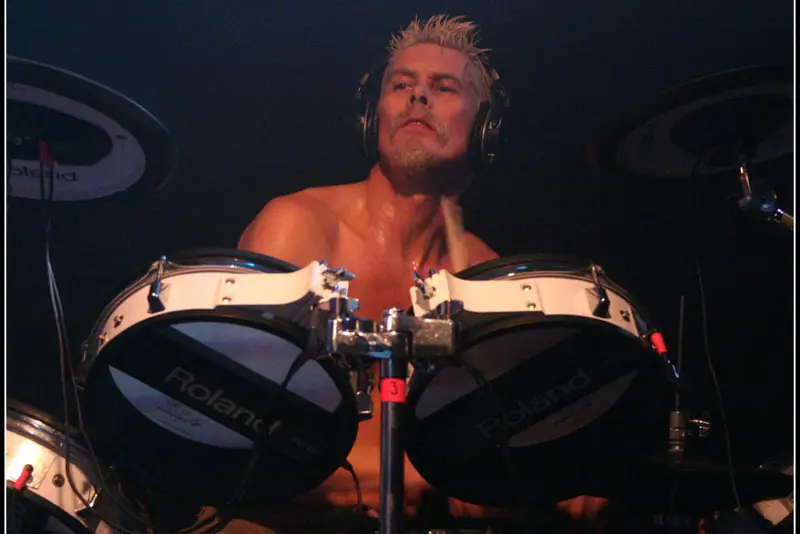
Kajagoogoo, fronted by Limahl, had one unforgettable hit with “Too Shy.” The song was everywhere in 1983, and Limahl’s spiky hair made him instantly recognizable. But shortly after, he split from the band and his solo career never reached the same heights. By the late ’80s, his mainstream fame had faded.
Limahl did have success with “The NeverEnding Story” theme song, but he ultimately stepped back from pop stardom. He focused on smaller projects and occasional reunions. While his fame burned bright for a moment, he chose a quieter career afterward. Limahl’s walk away shows how quickly the pop machine can move on.
10. Sade

Sade Adu was one of the most distinctive voices of the ’80s, with smooth hits like “Smooth Operator.” She was never a typical pop star, and fame didn’t seem to suit her. After massive success with her band, Sade stepped back in the early ’90s. She preferred privacy and time away from the spotlight.
Sade’s retreats often lasted for years between albums. While she never retired, her walk away from constant fame was intentional. She still records occasionally, but only when she feels ready. Sade’s career shows that stepping back doesn’t mean disappearing, it means choosing your own pace.
11. Laura Branigan
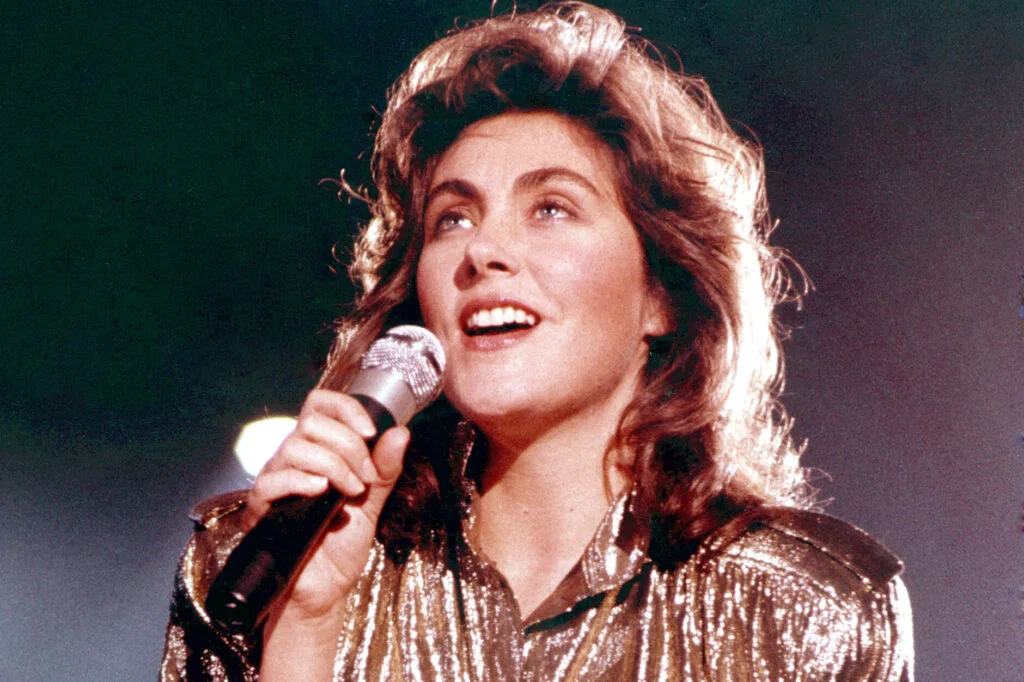
Laura Branigan’s “Gloria” was an anthem of the early ’80s. With her big voice and soaring ballads, she carved out a space in pop music. But after her initial success, Branigan slowly drifted away from the industry. By the ’90s, she was performing less and living more privately.
Part of her choice was personal, as she took time to care for her husband who became ill. After his passing, she considered a comeback but never fully returned to her earlier fame. Branigan’s story is a reminder of how life outside of music often reshapes careers. She left behind unforgettable songs, even if she stepped away from the stage.
12. Karyn White

Karyn White had a run of hits in the late ’80s, including “Superwoman” and “Secret Rendezvous.” Her soulful pop made her a star. But at the height of her career, she decided to walk away. She wanted to focus on her family and raise her daughter.
White stepped back almost completely, rarely releasing new music for years. Eventually, she returned, but never with the same mainstream drive. Instead, she found joy in balancing music with her personal life. Her decision shows how sometimes stepping away is about putting family first.
13. Bobby McFerrin
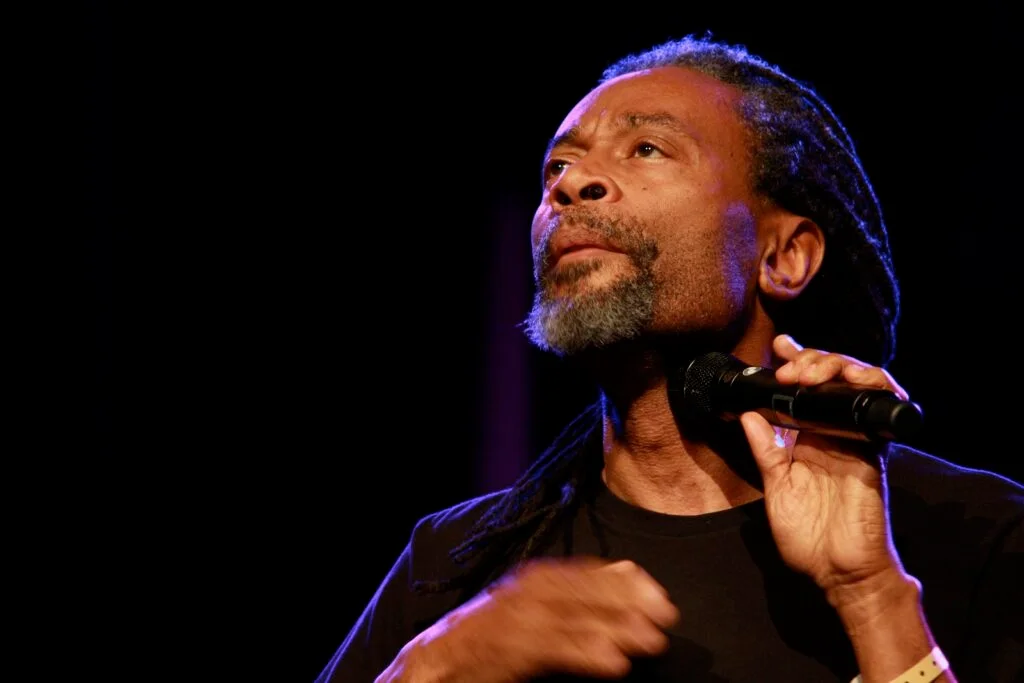
Bobby McFerrin’s “Don’t Worry, Be Happy” became an anthem in 1988. The song made him a household name, even if his style was unlike anything else in pop. But instead of chasing more chart-toppers, McFerrin walked away from mainstream fame. He shifted his career toward jazz, conducting, and teaching.
For McFerrin, fame was never the goal. He wanted to explore music more deeply, even if it meant leaving behind pop success. While he’s not the chart presence he once was, he’s respected in music circles worldwide. His walk away was less about burnout and more about following his true artistic path.


